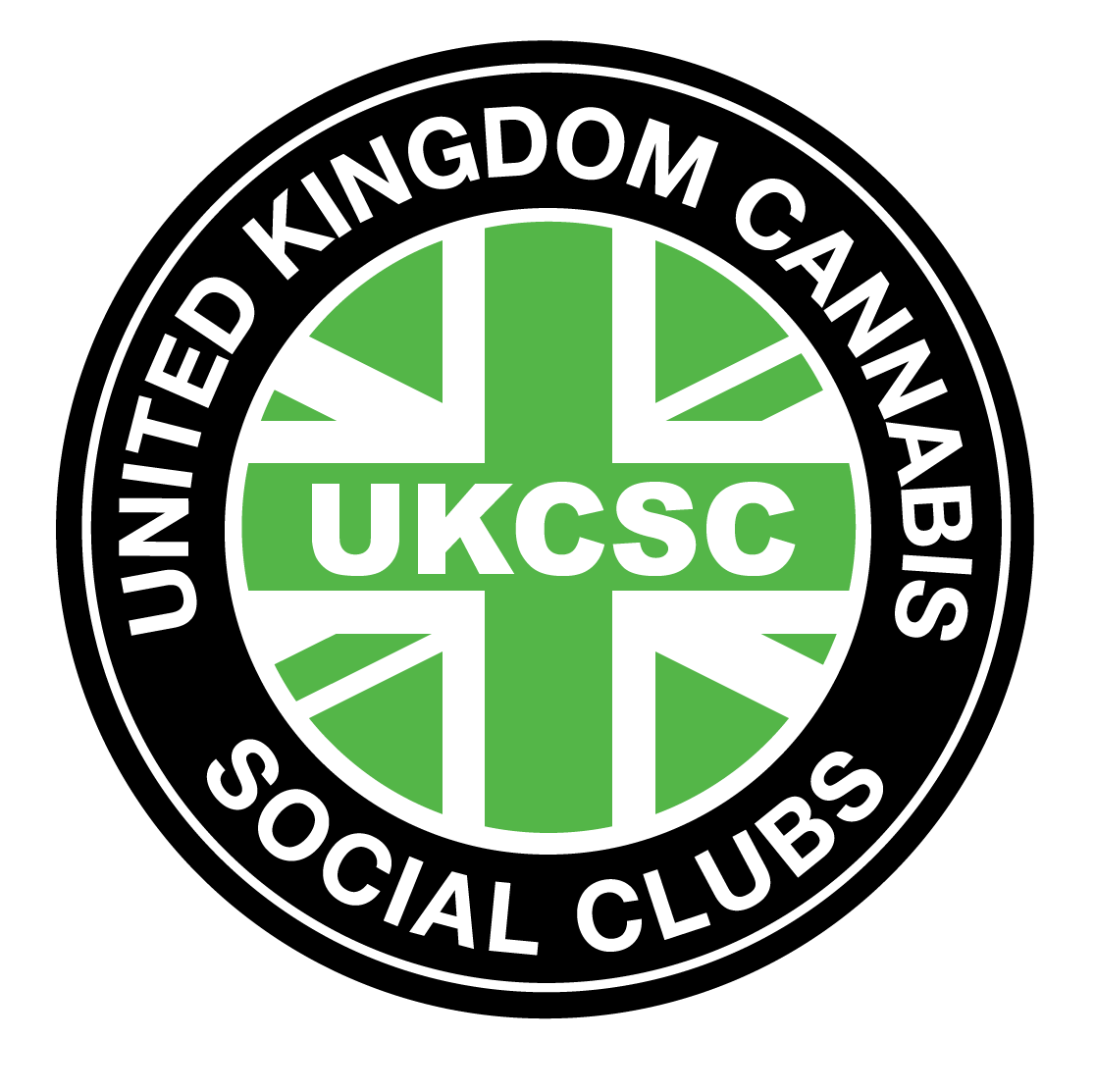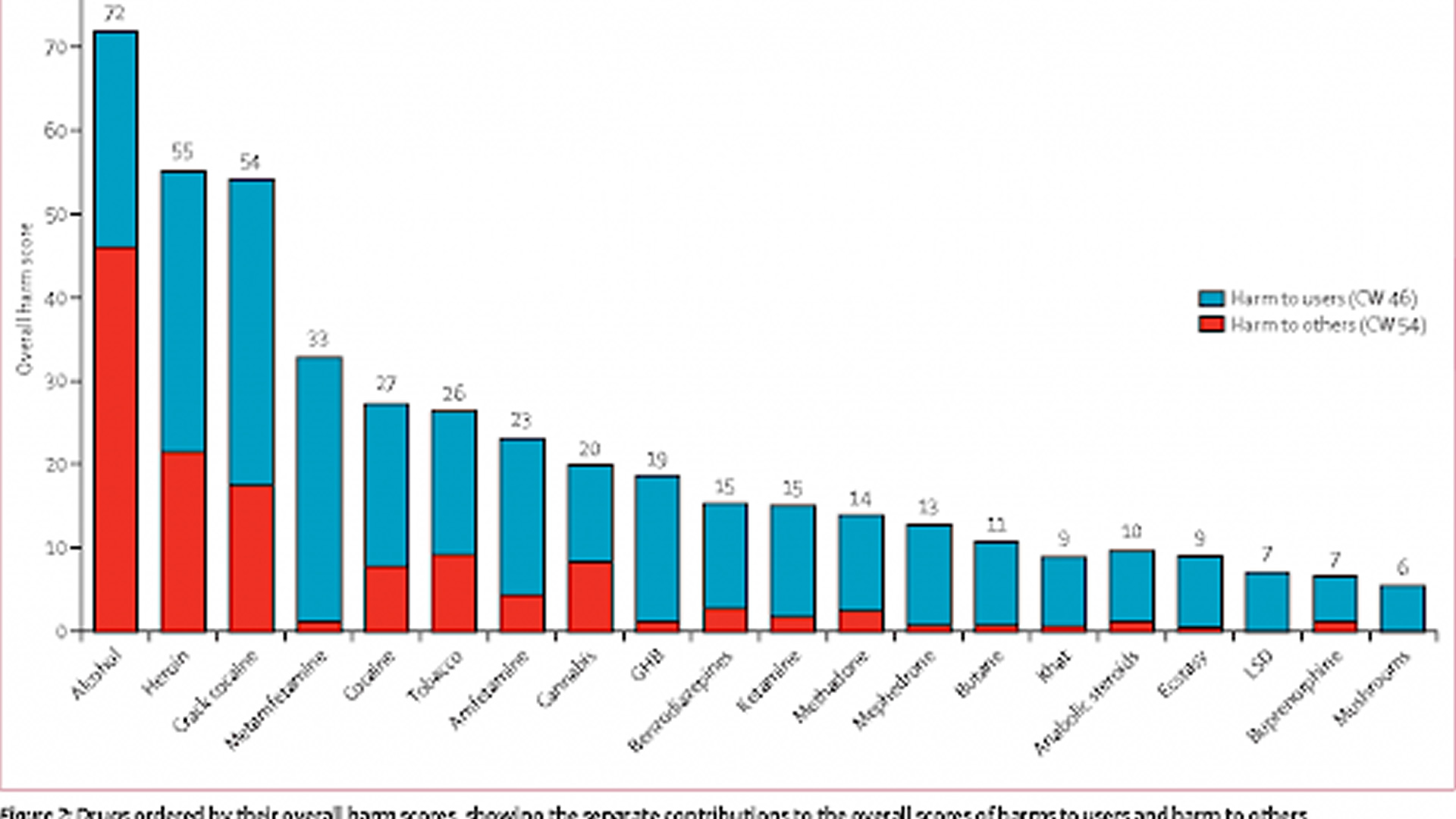
Why should cannabis be legalised in the UK?
Cannabis should be legalised in the UK because it is the responsible action to take. It is respectful to adults, and evidence increasingly supports it is the right thing to do.
Cannabis legalisation is a rights issue:
- The right to choose.
- The right to access safe. products and existing consumer rights.
- The right to grow at home.
- The right to share.
- The right to call the police without fear of being arrested for cannabis.
What are the benefits of cannabis legalisation in the UK?
Cannabis legalisation benefits will:
- See decrease crime associated with cannabis.
- Give cannabis consumers back the right to call the police.
- Make products safer through testing and labelling.
- Protect and restrict our youth from having access to purchase it so easily.
- Prevent young people from becoming involved with drug dealing and a criminal lifestyle.
- See decrease crime associated with cannabis.
- Give cannabis consumers back the right to call the police.
- Make products safer through testing and labelling.
- Protect and restrict our youth from having access to purchase it so easily.
- Prevent young people from becoming involved with drug dealing and a criminal lifestyle.
- Tax sales to give the economy a boost.
- Stop modern slavery linked with illegal commercial grows.
- Give people working in cannabis full employee rights.
- Divert money away from organised crime groups and modern slavery.
- Tax sales to give the economy a boost.
- Stop modern slavery linked with illegal commercial grows.
- Give people working in cannabis full employee rights.
- Divert money away from organised crime groups and modern slavery.
How does cannabis prohibition damage the UK?
Cannabis prohibition damages the UK and its citizens in a never ending cycle of spreading money to criminalise culture. It prevents and punishes adults from running lawful businesses that sell cannabis products to other adults who want to buy their products. The UK spends billions of pounds every year trying to prevent the cannabis trade, whilst making very little impact. In fact, the illicit cannabis market is increasing in size.
Taxpayers deserve to see their money put to better use: schools, hospitals and harm reduction messaging. The government could also be collecting tax on cannabis sales.
Cannabis should be legalised to add 20,000 jobs to the UK work force, contributing to the reduction of unemployment and giving people a better quality of life with workers rights and greater life prospects.
What is the social damage of cannabis prohibition in the UK?
Prohibition doesn’t just impact the economy, more importantly it damages the fabric of society and social life in the UK. Threatening people with criminal sanctions for making a sensible and informed decision is viewed as unethical in the 21st century.
People should have more options than drinking alcohol or going to a pub. Seeing others unfairly prosecuted and criminalised contributes to people losing faith in the justice system.
People criminalised for cannabis in the UK can:
- Lose their jobs.
- Be denied housing.
- Be banned from travelling to certain countries.
- Become victim of a social stigma that can cause more harm to someone’s mental health than the cannabis they were using.
- Lead to families breaking up.
- Children being taken away from their parents by social services.
- Losing a driving licence.
How much will cannabis legalisation with a regulated adult use market add to the UK economy?
The UK is spending over £1 billion a year fighting prohibition. £105 million of that is to disrupt the supply of drugs.
The illicit cannabis market is valued at £2.6 billion a year. We think this is a conservative estimate considering it doesn’t account for oils, edibles, seeds, and clone sales. With more people able to legally grow at home hydroponics companies will see an increase in legitimate business and finally advertise their services.
In 2019 the UK spent £39,831,688 imprisoning people for cannabis offences.

What are the relative harms of cannabis to adults?
Cannabis should be legalised because it is scientifically proven to cause less harm to consumers than alcohol or tobacco and even some over the counter medicines.
A study published in the journal Scientific Reports concluded cannabis is 114 times less deadly than alcohol.
Drug Science published this table comparing the relative harm of legal and illicit drugs. Cannabis falls just left of the centre and below alcohol which tops the chart as the most harmful drug in society causing more harm to others. Heroin, cocaine, amphetamines and tobacco are also rated as more harmful than cannabis.
What are the UK’s Cannabis Statistics?
The percentage of the UK population using cannabis according to the Home Office’s National Statistics department suggests 9.5% of people between 16-59 have used cannabis in the last year.
The number of people in prison for cannabis is around 1000 with the last data from the Office of National Statistics recording 853 people in 2019. The Department of Justice has said prisons will run out of room by Spring 2024.
Each prisoner costs the taxpayer £46.696 a year. This means in 2019 the UK spent £39,831,688 imprisoning people for cannabis offences.
Around 50,000 cannabis warnings are written every year due to stop and searches carried out by the police. Statistics show black and Asian people are more likely to be stopped and searched. Out of court disposal orders are increasing, as are community resolutions indicating the CPS do not want to see as many cannabis cases taking up court time.
Since 2018 when medical cannabis was legalised through private prescription there has been an upward trend in the number of cannabis plants the police have seized.
| Year | Eng/Wales | Scotland | Total |
|---|---|---|---|
| 2016/17 | 318,804 | 18,000 | 336,804 |
| 2017/18 | 354,336 | 16,000 | 370,336 |
| 2018/19 | 395,628 | 25,933 | 421,561 |
| 2019/20 | 485,490 | 33,295 | 518,785 |
| 2020/21 | 798,985 | 34,000 | 832,985 |
| 2021/22 | 785,995 | 33,813 | 819,808 |
Why are cannabis social clubs a suitable option for UK legalisation?
Cannabis Social Clubs have been active in the UK since 2011 and are well established.
Cannabis Social Clubs are a natural solution, removing cannabis use from the public eye. They are respectful establishments, offering discreet public access to cannabis products and social spaces.
Cannabis Social Clubs remove the potential harms caused by a lack of regulation of cannabis products and organised crime supply chains and profits. Clubs prevent consumers from using contaminated cannabis products.
Cannabis Social clubs provide a moral choice preventing people from funding organised crime and fuelling modern slavery.
Cannabis Social Clubs are a less commercial option to retail shops as seen in the United States of America, Canada, Thailand and the Netherlands. Clubs supply their members’ needs rather than trying to sell as much product as possible.
The discrete nature of CSCs mean members of the public may not know a venue is a CSC, and their screening processes monitor and protect people at risk whilst preventing children from seeing or accessing what is inside.
Some police forces in the UK cooperate with CSC’s who they feel have the right intentions.
Cannabis Social Clubs are internationally accepted.
Spain pioneered the model, and has the highest number of Cannabis Social Clubs in the world. Members grow and share cannabis through the club, or if they cannot grow their own, the club grows for them collectively, making it available at fair prices. There are over 1000 CSCs in Barcelona.
Germany’s government announced in 2023 they will be introducing a policy to legalise cannabis, with CSC’s being the preferred model to cannabis retail shops. The non-profit model offers a non-commercial opportunity to remove the cannabis market from the grips of organised crime groups and allow home and collective cultivation for limited social distribution.
Malta has also taken the necessary steps to start legislating cannabis social club at a national level after legalising adult private use in 2022. Clubs limited to 500 people will be able to grow their own cannabis for private members, who must be Maltese citizens.
Uruguay provided Cannabis Social Clubs as one of the three options to access cannabis when it became the first country to federally legalise cannabis in 2013. Consumers can buy it from a pharmacy, grow their own or have a CSC grow it for them in a communal garden, sharing the production costs.
How the UKCSC would like to see Cannabis Social Clubs licenced and regulated.
Licenced venues. Home cultivation. Licenced production. Tested products. Gives back to the local community.
Local Council Licencing Authorities. The Home Office already gives councils the responsibilities for licensing bars and restaurants that serve alcohol. There would be no need for the creation of a whole new department. They already have the staff and experience to execute the necessary monitoring of CSC’s.
At the UKCSC we believe:
- Venues and cultivation facilities should be authorised and licensed by Local Council Licencing Authorities.
- Clubs would be non-profit (to meet international drug conventions), require membership to join with proof of ID, and limit membership numbers to 1,500 per club.
- Premises would have fresh air and extraction whilst prohibiting tobacco products.
- CSC’s should be able to cultivate their own plants to meet membership demand.
- Flowers, extracts and infused foods and drinks (edibles), should be included to ensure there remains no illicit markets due to a failure to include.
- Make third party testing available and compulsory to ensure and prove products for sale are safe for human consumption, in the same way medical cannabis has to meet strict consumer safety criteria.
- Members should be able to grow their own and sell excess product to CSC’s as long as it meets the same standardised safety profile.
- Cannabis Social Clubs should be able to trade produce between licenced CSC’s, with a tracking system to ensure the supply chain.
- Cannabis Social Club licence fee revenue generated would go back into the local communities and be at the discretion of the local council on how it used to benefit the public.



